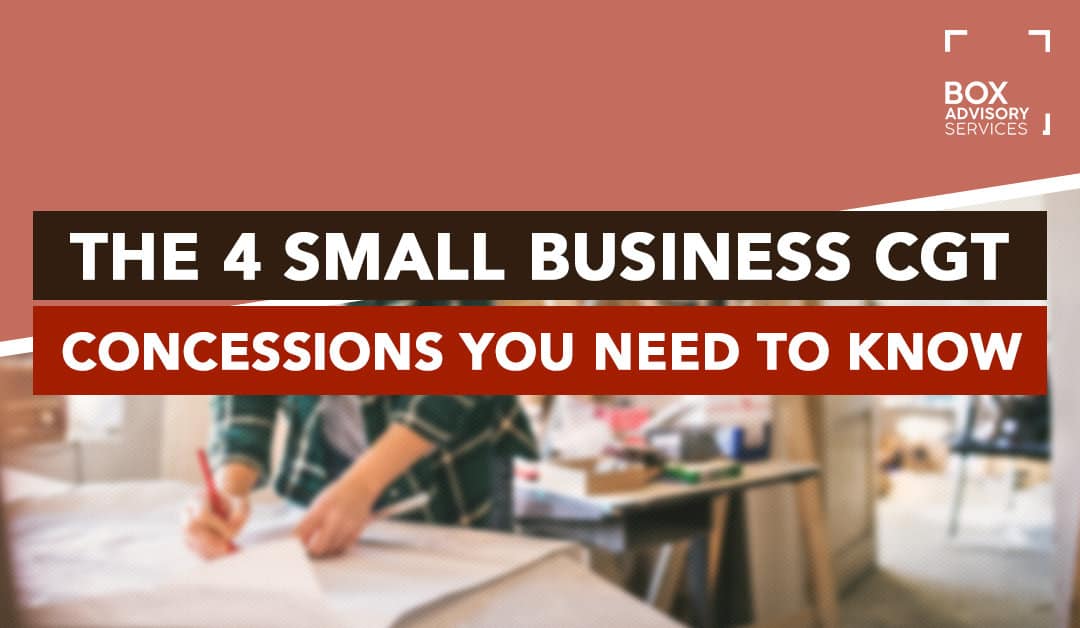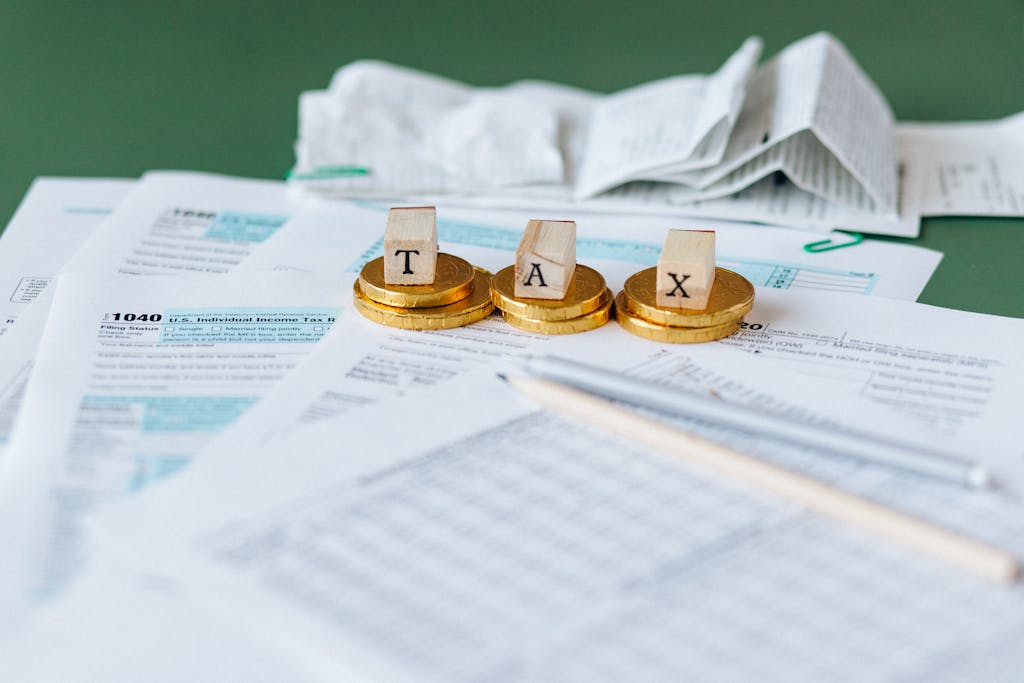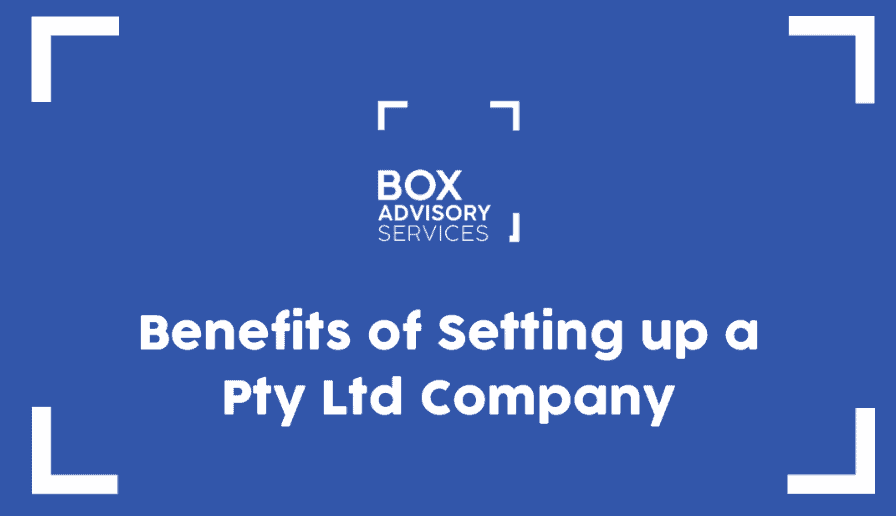
BY
|
The 4 Small Business CGT Concessions Your Business Needs Now
The Australian Tax Office (ATO) offers significant benefits and small business CGT concessions in an attempt to recognise that they are in a unique position in comparison to larger companies.
But understanding them can be a bit tricky without the help of a qualified tax agent or a savvy business partner.
For small business owners who are looking to sell their business or sell the assets used in the business (such as a shop or a factory), accessing one or more of these concessions can significantly reduce your capital gain tax liability. More than that, the profit on the sale of your business could be disregarded, reducing your taxes to zero.
This article will provide you with all you need to know about the opportunities made available by the ATO to access small business CGT concessions.
What Is Capital Gains Tax (CGT)?
Before getting into the CGT concessions, it’s important that you understand what capital gains tax is.
When you sell an investment asset, such as a small business or a factory, the ATO requires that you pay capital gain on the sale of that asset.
This is because any income-producing assets such as property or shares have an assessable capital gain if the owners make a profit on the sale of that asset.
To find out how CGT is calculated, you can read more here.
Small Business CGT Concessions
As a small business, you may qualify for a CGT exemption on the sale of assets that you used to conduct your business.
To qualify for the small business CGT concessions, however, you need to meet a set of primary conditions prescribed by the ATO.
You may qualify for one or more of the small business CGT concessions if you meet the following steps:
- you’re a small business entity that turns over less than $2 million each year or the total value of your net assets and related entities doesn’t exceed $6 million dollars;
- the asset being sold is an active asset (in other words, the asset is being used for business purposes). The ATO suggests considering the following pointers to determine if your asset is an active asset or not.
The item will be an active asset if:
- you have owned it for more than 15 years use and have used it for business purposes for at least half of those years (i.e. 7.5 years); or
- you have owned it for 15 years or less and have used it for business purposes for at least half of those years.
For example, the commercial property of where your business operates will be considered an active asset.
- If the asset is a share in a company or an interest in a trust, then the ATO proposes additional conditions that must be met.
The 15-Year Exemption
Provided you meet the criteria of the 15-year exemption, this is undoubtedly the most generous of the four small business CGT concessions because the entire capital gain may be exempt from tax.
According to the ATO, to qualify for the 15-year exemption, you must have continuously owned the asset for a period of 15 years ending just before the sale of that asset.
In addition, if you are an individual, you are required to meet the following conditions when the sale of the asset occurs:
- you must be at least 55 years old, and the sale of the asset occurred because you decided to retire; or
- you were permanently incapacitated.
Example 1:
In 1995, Jonathan purchased a boutique winery in Hunter Valley, NSW. He has owned the land continuously since he bought it.
However, Jonathan turns 65 years old this year and is looking forward to retiring. His children have all successfully built their careers in the corporate world, so they don’t have the time to take over the winery. As a result, he decides to sell the land.
Jonathan made a $500,000 capital gain on the sale of the land. He purchased it for $1,000,000 and sold it for $1,500,000. But because he has owned the land for more than 15 straight years and he is above the age of 55 years old, he qualifies for the small business CGT 15-year exemption. The capital gain is disregarded and Jonathan will not need to pay capital gains tax on the sale.
Example 2:
Jessica had successfully run her small clothing alteration business for many years. Unfortunately, however, she recently developed severe health problems that resulted in her being incapable of operating her business.
She was left with no other option but to sell her business.
At the time of the sale, Jessica’s doctor confirmed, in writing, that she is suffering from a health condition that has rendered her unlikely to work again.
Having regard to all these circumstances, Jessica was considered as permanently incapacitated at the time that her business was sold. As a result, she may qualify for the small business 15-year exemption, provided she meets the initial small business criteria.
If the 15-year exemption is met, you will no longer need to assess your capital gain, and you won’t need to apply for further small business CGT concessions.
If, however, your small business doesn’t qualify for the 15-year exemption, but still meets the basic conditions, you may be eligible for the other three small business CGT concessions.
50% Active Asset Reduction
Suppose you choose to apply for the 50% active asset reduction CGT concession. In that case, you simply need to meet the basic conditions mentioned at the beginning of this article.
In other words, there are no additional requirements that you will need to satisfy, and the reduction can be applied.
The 50% active asset reduction is in addition to the 50% CGT discount that you’re entitled to if you’ve owned the assets for at least 12 months before selling it.
Example 3:
Nicholas owns a small commercial property in which he used to run his business. In 2020 he decided to sell the property to start a new business venture.
He made a capital gain of $19,230 on the sale of his business property.
Nicholas purchased the property in 2016. As he had owned the property for more than 12 months when he sold it, he qualifies for a 50% CGT discount:
$19,230 x 50% = $9,615
Nicholas also qualifies for the small business 50% active asset reduction because he meets the basic conditions set by the ATO. Therefore, he can reduce his capital gain by a further 50%:
$9,615 x 50% = $ 4,807.50
Retirement Exemption
In terms of this small business CGT concession, you will not have to pay CGT on your assets up to a lifetime limit of $500,000. The retirement exemption can be used in addition to or instead of the 50% active asset reduction.
Suppose you are under 55 years old and have chosen to use the retirement exemption. In that case, you will be required to pay the exempt amount into a complying superannuation fund or retirement savings.
Example 4:
Lilly, aged 54, is a fruit farmer who has been running her business for the last 20 years.
She decides to retire early and sell her farm so that she can go live on the coast with her new grandchildren.
Lilly made $500 000 capital gain from the sale of her farm. She doesn’t meet the requirements for the 15-year exemption, so she opts for retirement exemption instead.
She meets the basic conditions for small business CGT concessions, as well as the requirements for the retirement exemption so she can disregard the entire capital gain amount.
However, because she is under the age of 55, she is required to contribute the $500,000 capital gain to her superannuation fund. She can choose to use the 50% active asset reduction and 50% 12 month discount to reduce the net capital gain and rollover a smaller amount to her superannuation fund.
Rollover
The small business rollover allows you to defer all or part of a capital gain on the sale of a business asset for a minimum of two years.
In other words, if your business sells an asset that’s in current use, you can delay all or part of a capital gain for two years or potentially longer if you replace the asset or you incur expense on improving the current asset to maintain use.
Suppose you acquire a replacement asset or make capital improvements to an existing asset within the period allowed. In that case, you can ‘delay’ the capital gain until you:
- dispose of the replacement or improved asset; or
- change how the asset is used to carry out business.
You don’t have to pay tax on the capital gain until a change in your circumstances causes you to sell the replacement asset.
Key Takeaways
Depending on the circumstances of your small business, the ATO proposes four small business CGT concessions:
- the 15-year exemption;
- the 50% active asset reduction;
- the retirement exemption; and
- the rollover.
The ATO proposes that you meet certain basic conditions in addition to the conditions required by each concession.
The rules for each condition can get tricky, so you may want to consult with your small business accountant to determine whether you meet each requirement.
At Box Advisory Services, our team of small business accounting experts are committed to making sure that you’re able to make the most of the small business CGT concessions and other benefits that may be available to you.
If you would like to find out if you qualify for one of these concessions, feel free to get in touch with us today!
Sign up to our monthly newsletter where we share exclusive small business and contractor advice!
Disclaimer:
Please note that every effort has been made to ensure that the information provided in this guide is accurate. You should note, however, that the information is intended as a guide only, providing an overview of general information available to contractors and small businesses. This guide is not intended to be an exhaustive source of information and should not be seen to constitute legal or tax advice. You should, where necessary, seek a second professional opinion for any legal or tax issues raised in your business affairs.



